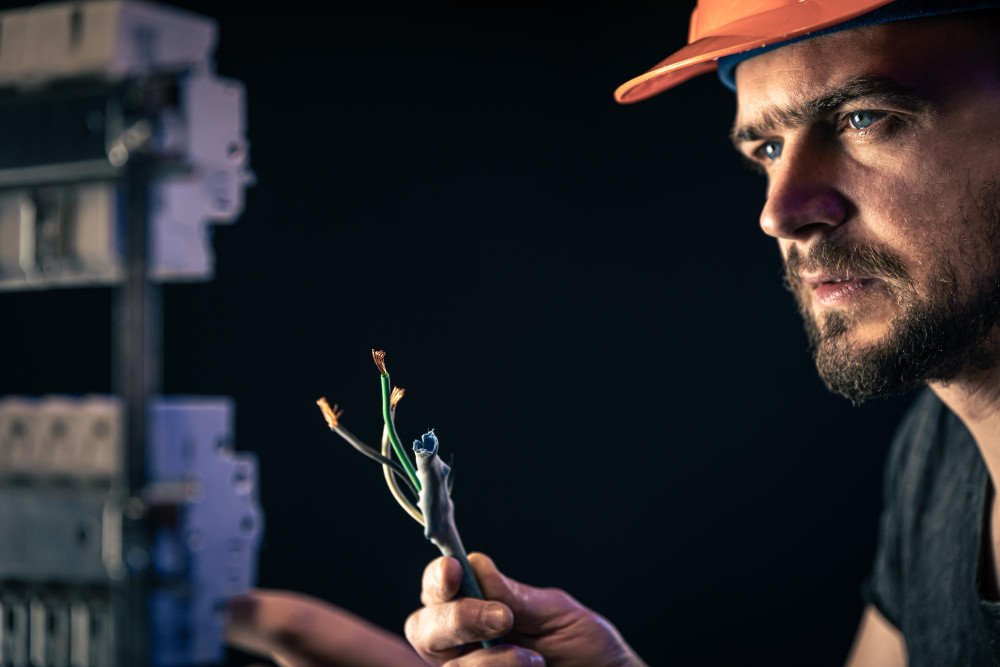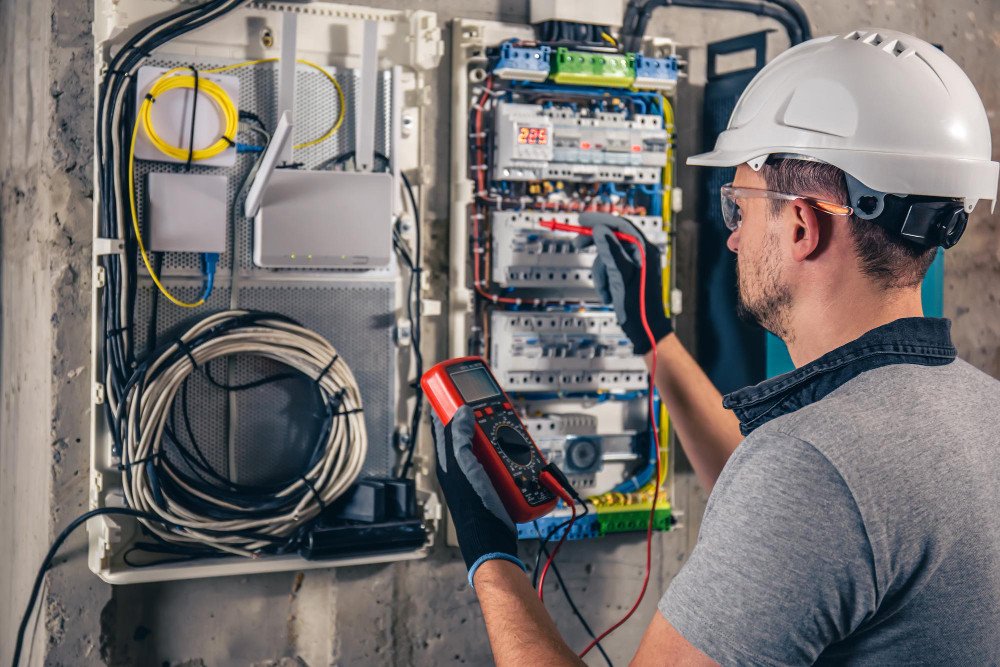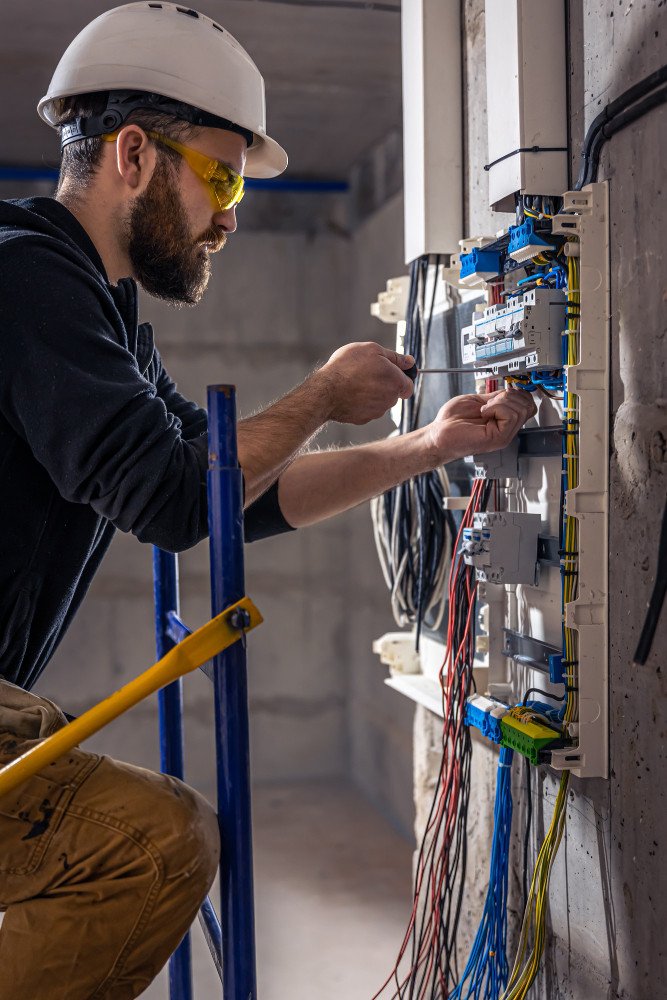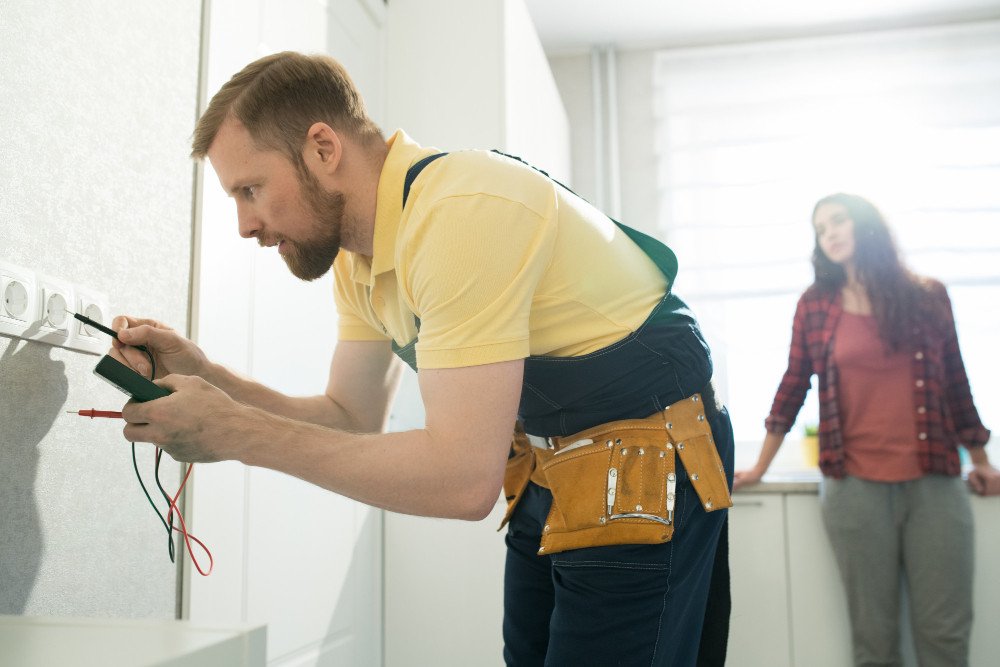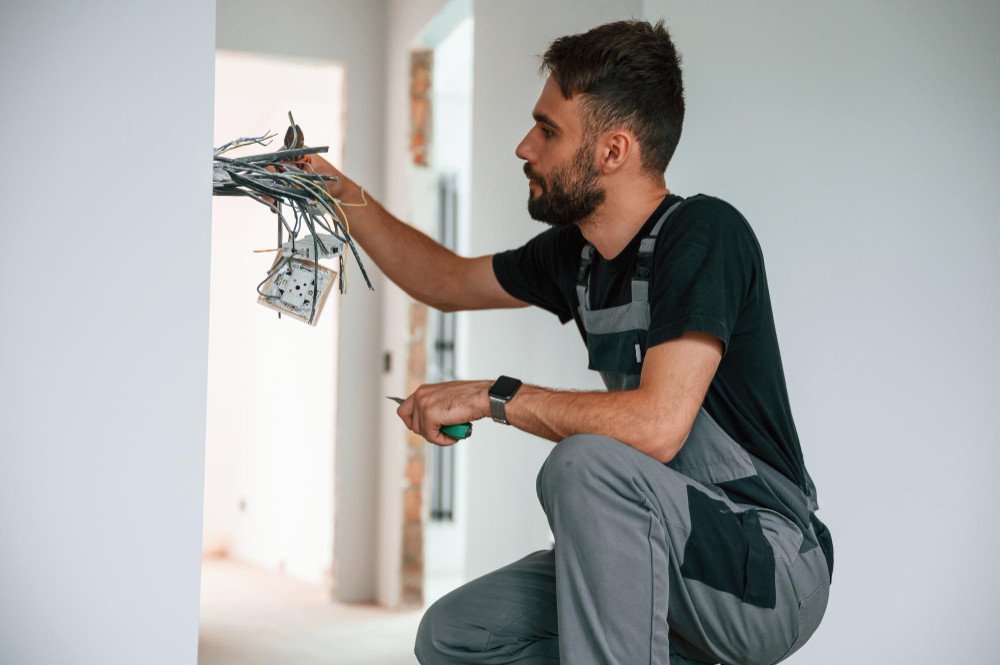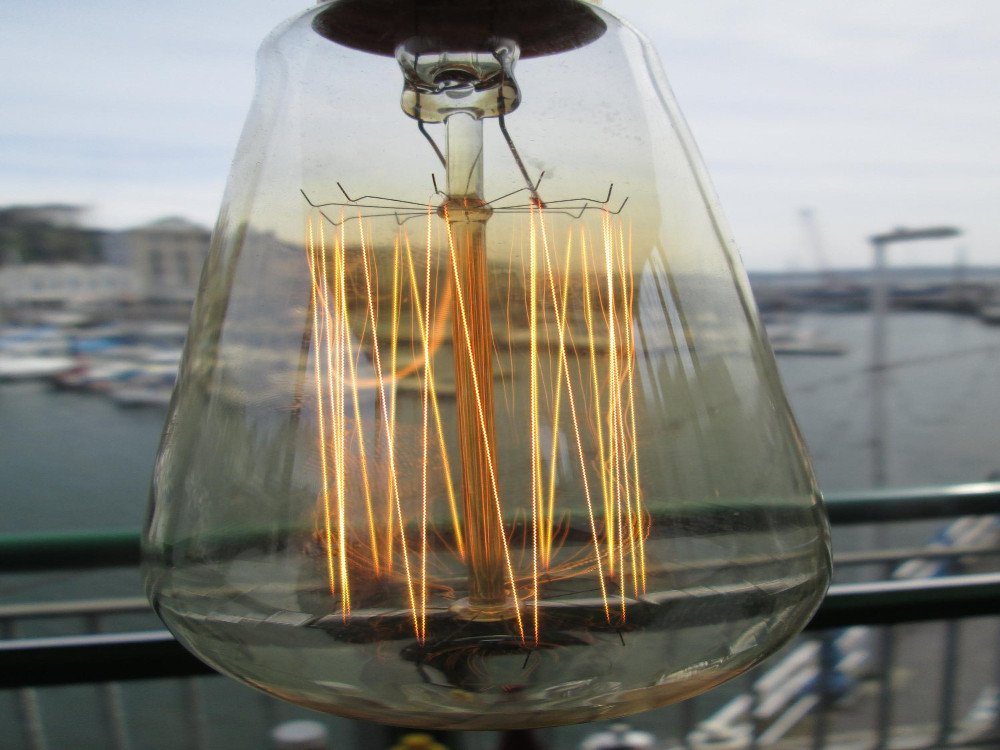Electricians
Topics of Interest
Tips and Ideas |
Cost Estimation |
Key Considerations |
Trends and Techniques |
When
undertaking electrical work, consider the following important factors:
Tips and Ideas
Safety First: Always prioritize safety. Use personal protective equipment (PPE) and ensure the area is free from hazards.
Knowledge and Skills: Only perform electrical work if you have the necessary knowledge and skills. If unsure, consult a licensed electrician.
Local Codes and Regulations: Familiarize yourself with local electrical codes and regulations to ensure compliance.
Power Shutdown: Always turn off power at the circuit breaker before starting any work.
Proper Tools and Equipment: Use appropriate tools for the job, such as insulated tools and voltage testers.
Circuit Load and Capacity: Be aware of the circuit load to avoid overloads, which can lead to tripped breakers or fire hazards.
Wiring and Connections: Ensure all connections are secure and properly insulated to prevent shorts and electrical fires.
Permits and
Inspections: Check if permits are required for the work, and schedule
inspections if necessary.
Grounding and
Bonding: Make sure systems are properly grounded to prevent electrical shock
and equipment damage.
Documentation:
Keep records of any changes or installations for future reference or
inspections.
By considering
these factors, you can help ensure safe and effective electrical work.
Cost Estimation:
In the UK, the
cost of hiring an electrician can vary depending on several factors, including
location, the complexity of the work, and the electrician’s experience. Here’s
a general breakdown:
Hourly Rates:
Typically range
from £40 to £80 per hour.
In London and
the Southeast, rates may be higher, often between £60 and £100 per hour.
Flat Rates for Common Tasks:
Installing a
new socket: £100 to £200
Replacing a
light fixture: £50 to £100
Installing
a ceiling fan: £150 to £300
Full house
rewire: £3,000 to £6,000, depending on the size of the property.
Materials Costs:
Additional
costs for materials will be charged separately, so it’s important to clarify
this in your quote.
Call-Out Fees:
Some
electricians may charge a call-out fee, typically ranging from £30 to £60,
especially for emergency services.
Permits:
If your project
requires permits, this may incur additional costs.
Overall, it’s
advisable to obtain multiple quotes from different electricians to compare
prices and ensure you’re getting a fair deal.
Key Considerations When Hiring
When hiring an
electrician, consider the following key factors:
Licensing and
Certification: Ensure the electrician is licensed and certified in your area.
This verifies their qualifications and adherence to local codes.
Experience and
Specialization: Look for an electrician with experience relevant to your
specific needs, whether it’s residential, commercial, or specialized work.
References and Reviews:
Client
Feedback: Ask for references from previous clients and check online reviews to
gauge their reputation and reliability.
Search for the
Trusted Trade People on https://buildersvalley.com/
At Builders
Valley you can find a verity of professional trade persons not only you indeed
even any kind you may need in future.
Insurance:
Verify that the electrician carries liability insurance and workers'
compensation. This protects you from potential liabilities.
Estimates and
Pricing: Obtain detailed written estimates from multiple electricians to
compare pricing and services. Be wary of unusually low bids.
Warranty and
Guarantees: Ask about warranties on their work and any products used. A good electrician
should stand by their work.
Communication
Skills: Choose someone who communicates clearly and is willing to answer your
questions. Good communication helps ensure that your needs are understood.
Professionalism:
Observe their professionalism, including punctuality, appearance, and respect
for your property.
Timeline:
Discuss the expected timeline for the project and ensure they can accommodate
your schedule.
Follow-Up
Services: Inquire if they offer maintenance or follow-up services after the job
is completed.
Taking these
considerations into account will help you find a qualified and trustworthy
electrician for your project.
Trends and Techniques
There are
several new trends and techniques in electrical work that are shaping the
industry. Here are some notable ones:
Smart Home
Technology: Increasing integration of smart devices, such as smart lighting,
thermostats, and security systems, allowing for remote control and automation.
Energy
Efficiency: Use of energy-efficient appliances and systems, including LED
lighting, energy management systems, and high-efficiency HVAC systems.
Renewable
Energy: Growing adoption of solar panels, wind turbines, and battery storage
systems, promoting sustainable energy sources.
Wireless
Technology: Advancements in wireless power transmission and control systems,
reducing the need for extensive wiring.
Home Automation
Systems: Implementation of centralized control systems that integrate various
electrical devices, improving convenience and energy management.
Electric
Vehicle (EV) Charging Stations: Increased installation of EV charging points in
residential and commercial settings as electric vehicles become more popular.
IoT Integration:
Integration of the Internet of Things (IoT) into electrical systems for
real-time monitoring and control, enhancing efficiency and data collection.
Advanced
Circuit Breakers: Use of smart circuit breakers that can provide real-time data
on energy consumption and can be controlled remotely.
3D Printing:
Utilization of 3D printing technology for creating custom electrical
components, reducing lead times and costs.
Virtual Reality
(VR) and Augmented Reality (AR): These technologies are being used for training
electricians and visualizing electrical designs, improving safety and accuracy.
Keeping up with
these trends can enhance efficiency, safety, and sustainability in electrical
work.
